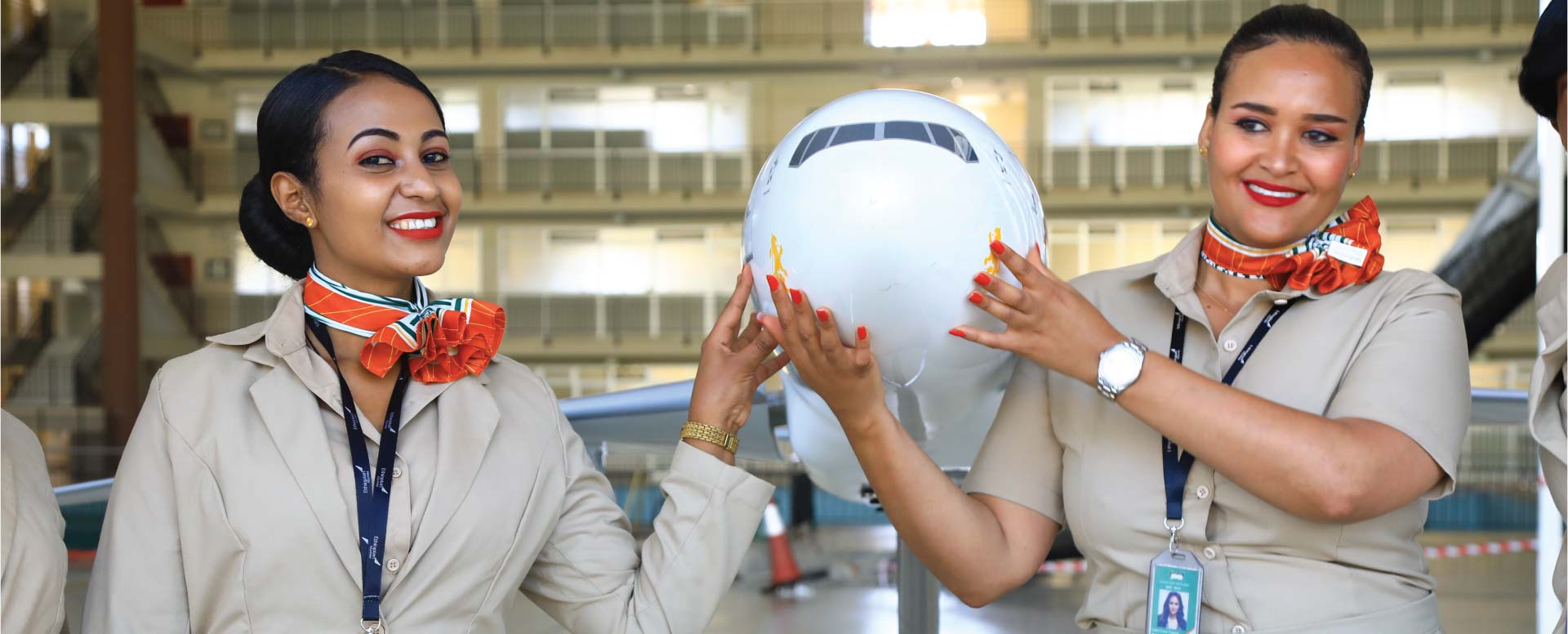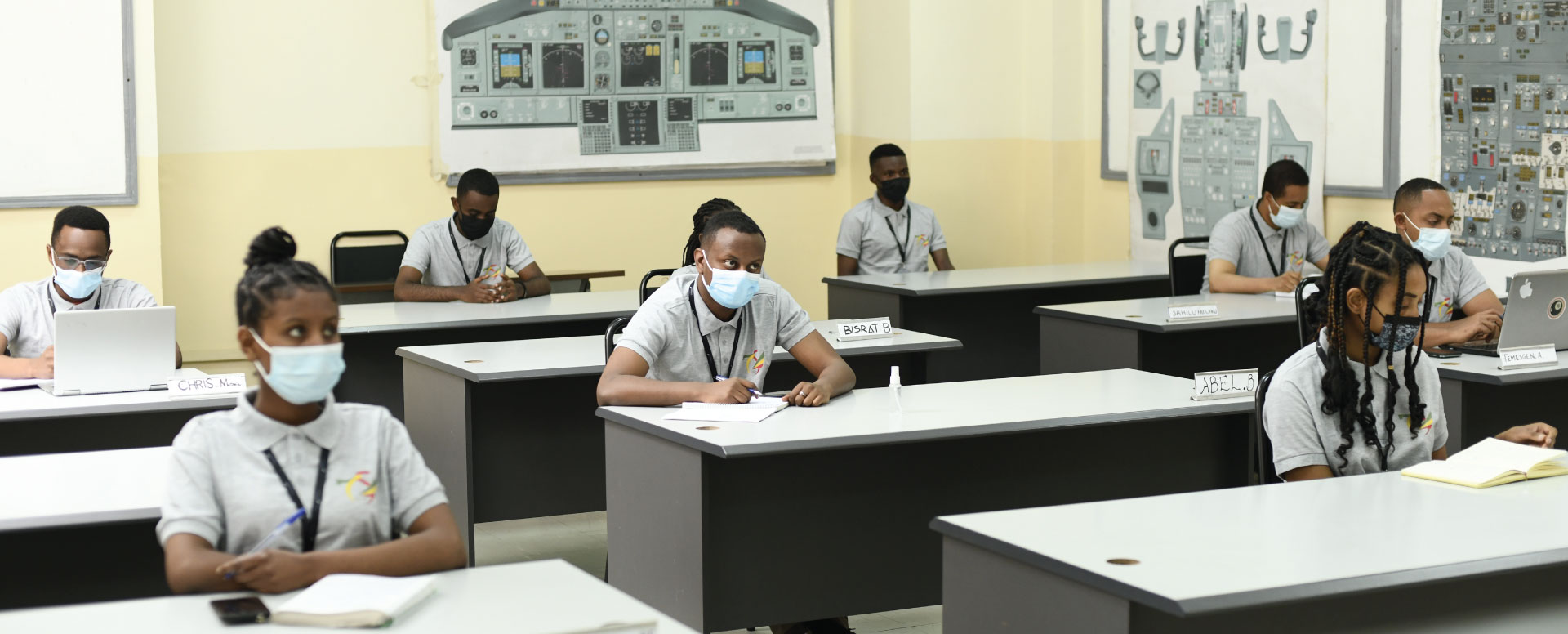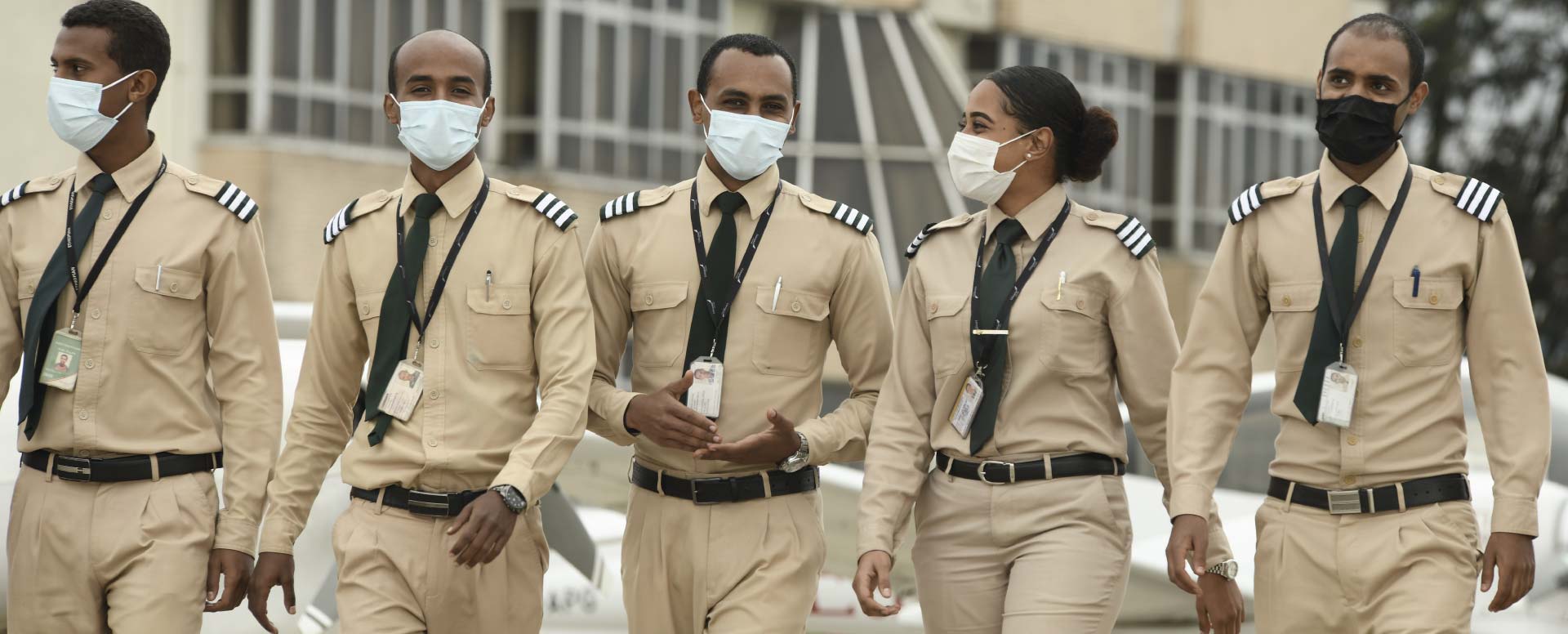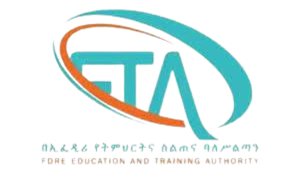





2382c6f7-a086-494a-aeca-8773aba798c1.png?sfvrsn=ae2dc917_3)
he Federal Aviation Administration (FAA) is a governmental body of the United States (US) with powers to regulate all aspects of civil aviation in that nation as well as over its surrounding international waters. Its powers include the construction and operation of airports, air traffic management, the certification of personnel and aircraft, and the protection of US assets during the launch or re-entry of commercial space vehicles. Powers over neighboring international waters were delegated to the FAA by authority of the International Civil Aviation Organization (ICAO). FAA responsible for the safety of civil aviation. The Federal Aviation Act of 1958 created the agency under the name Federal Aviation Agency. We adopted our present name in 1967 when we became a part of the Department of Transportation. Our major roles include:
0c8bee0e-cc9a-4e85-bc7c-7b62c90decea.png?sfvrsn=8fe1340b_3)
The International Civil Aviation Organization (ICAO) is a United Nations’ (UN) agency which helps 193 countries to cooperate and share their skies to their mutual benefit.
Since it was established in 1944, ICAO’s support and coordination has helped countries to diplomatically and technically realize a uniquely rapid and dependable network of global air mobility, connecting families, cultures, and businesses all over the world, and promoting sustainable growth and socio-economic prosperity wherever aircraft fly. As it enters a new era of digitization, and of incredible new flight and propulsion innovations, air transport is relying more than ever on ICAO’s expert support and technical and diplomatic guidance to help chart a new and exciting future for international flight. ICAO is innovating itself to answer this call, and expanding its partnerships among UN and technical stakeholders to deliver a strategic global vision and effective, sustainable solutions.
f3ad4780-dce3-410c-853e-20b8d9d81d58.png?sfvrsn=265a9fdc_3)
The International Air Transport Association (IATA) is the trade association for the world’s airlines, representing some 330 airlines over 80% of global air traffic. We support many areas of aviation activity and help formulate industry policy on critical aviation issues.
095a60bd-e9ae-4011-9dd9-aba41d5b8c25.png?sfvrsn=153ed7c_3)
The Ethiopian Civil Aviation Authority (ECAA) is responsible for regulating the legality of aircraft manufacturing, possession, operation, sale, import, and export. It issues licenses to aviation personnel, inspects and regulates aerodromes, and provides air traffic, navigation, aeronautical communication, and information services within and outside Ethiopian airspace. ECAA also licenses and regulates air service and general aviation operators and has the authority to revoke or suspend licenses or certificates for justifiable reasons. It determines the conditions under which passengers, goods, and mail may be transported by aircraft. Additionally, ECAA conducts research to facilitate the development of the aviation industry in Ethiopia, prepares plans and programs, and formulates policies for the use of navigable airspace and other aviation-related projects. Furthermore, it prescribes air traffic rules and standards governing the flight of aircraft, ensuring the safe, expeditious, and adequate provision of air transport services to the public.

The Federal Democratic Republic of Ethiopia (FDRE) Education and Training Authority (ETA), formerly called Higher Education Relevance and Quality Assurance Agency (HERQA) is instituted as an executive organization in the country responsible for regulating, monitoring and evaluating the quality of education in general education, Technical and Vocational Training (TVT) and higher education institutions. Since 2022, the council of ministers entrusted the authority with wider responsibilities and thereby necessitated as Education and Training Authority. Furthermore, the ETA oversees of issuing accreditation, conducting quality audits, authentication and equivalence for various educational qualifications in all sectors of education
